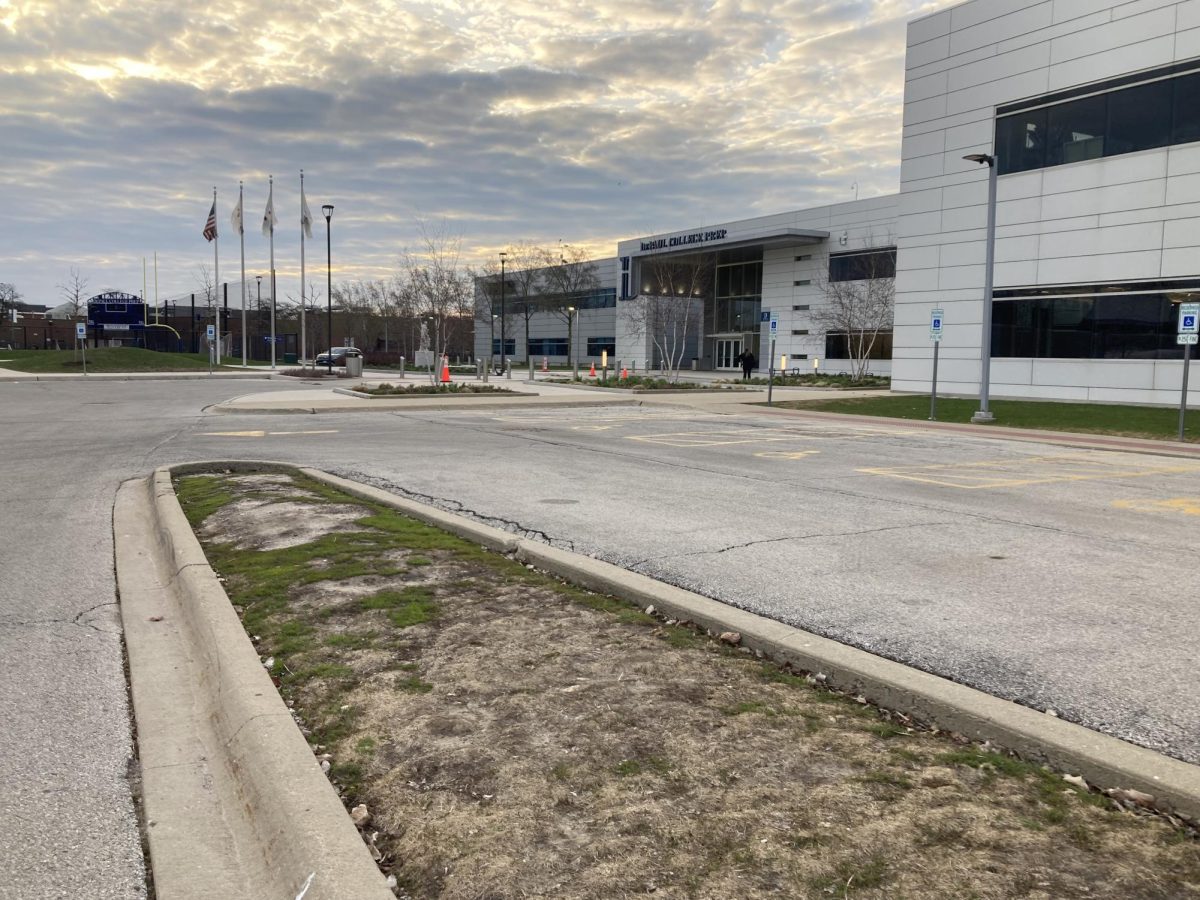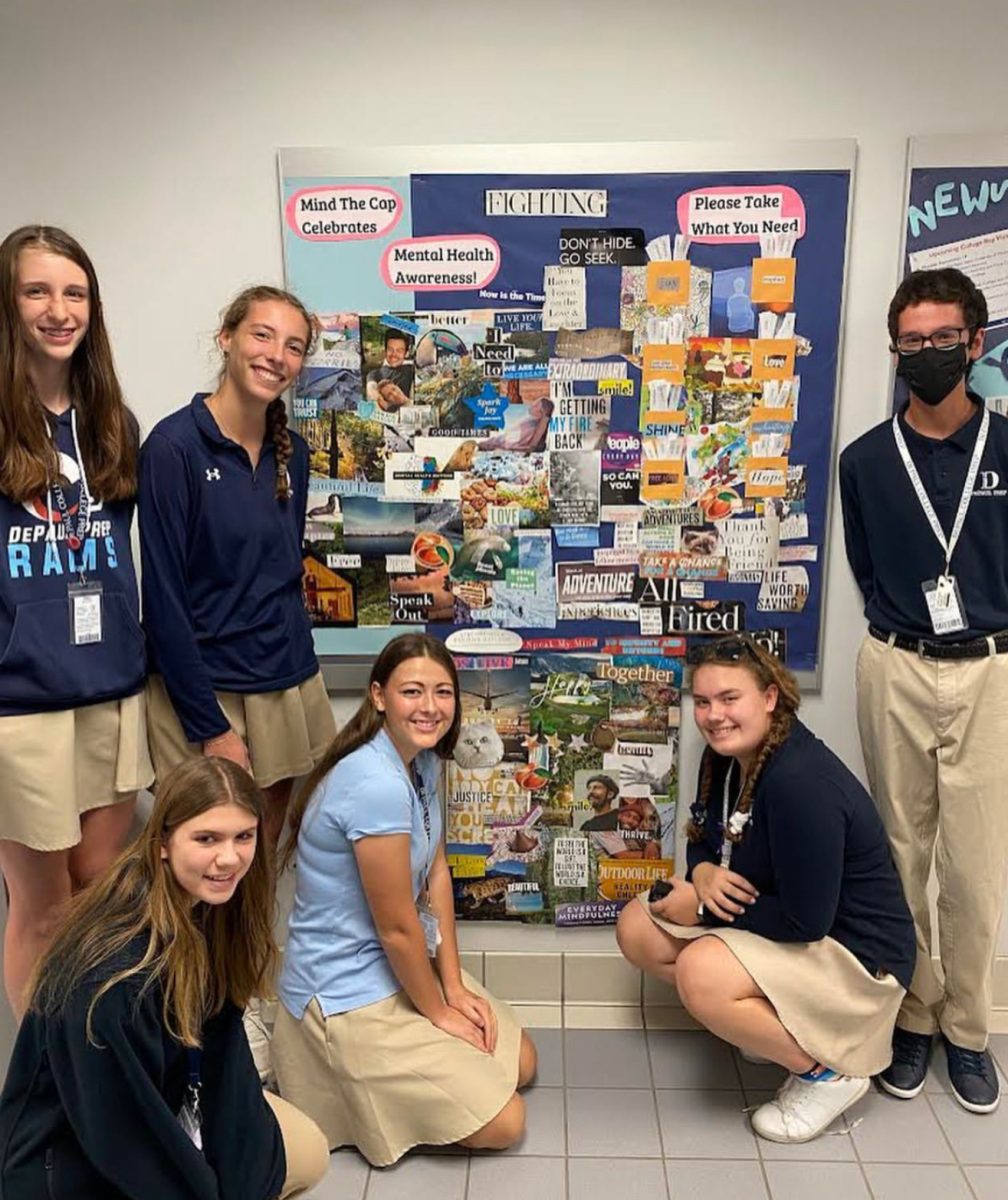On January 20, 2025, President Donald J. Trump took office and issued a series of executive orders designed to reshape national immigration policies. Among these numerous changes, President Trump authorized federal immigration authorities, such as the U.S. Immigration and Customs Enforcement (ICE), to carry out mass deportations of undocumented immigrants throughout the United States.
Although the number of undocumented immigrants in the national population remains debatable, recent estimates suggest upwards of 14 million, all of whom now face more serious threats of deportations due to the Trump administration’s changes to national immigration policy.
While President Trump has voiced his heavy reliance on federal immigration authorities like ICE to carry out these mass deportations of undocumented immigrants, he has also demanded the cooperation of local law enforcement in assisting the federal investigations of undocumented immigration.
Despite the Trump administration’s calls for compliance, local law enforcement is not required by national law to collaborate with federal immigration authorities, as immigration enforcement is considered a federal obligation. This local autonomy has enabled some states in the U.S. to resist President Trump’s efforts of mass deportations of undocumented immigrants.
Chicago’s response to changes in federal immigration policy
Chicago, historically considered a ‘sanctuary’ city for the protection and aid it provides undocumented immigrants, has begun using this local autonomy to resist President Trump’s efforts to deport millions of undocumented immigrants and defend its current status as a sanctuary city.
City Mayor Brandon Johnson, despite threats from the Trump administration to comply with federal immigration authorities and a lawsuit filed over Chicago’s protective immigration policies, has continued to affirm the city’s historical status as a sanctuary for undocumented immigrants and resistance against federal immigration authorities.
“Chicago is and always has been a proud city of immigrants,” said Mayor Johnson in recent testimony on Capitol Hill, asserting the city’s welcoming nature towards undocumented immigrants.
Johnson continued to affirm Chicago’s status as a sanctuary city in his testimony and later criticized the deportation of undocumented immigrants carried out by federal authorities in the city, citing his concerns for citizen welfare and escalation in city crime.
“Any actions that amplify fear of deportations make Chicago more dangerous,” he said. “Those fears cause victims and witnesses to avoid cooperating with police. When there is trust between cities’ residents and the police undocumented immigrants come forward to report crimes to local law enforcement, and provide information that helps police solve those crimes.”
However, several Republican lawmakers including most notably Kentucky politician James R. Comer have since objected to Mayor Johnson’s defense of city policies aimed to limit cooperation with federal immigration authorities, along with that of other mayors governing sanctuary cities across the nation.
“We cannot let pro-criminal, alien policies in obstructionist sanctuary cities continue to endanger American communities and the safety of federal immigration enforcement officers,” said Comer, in response to the five hours of testimony made against the mass deportations of undocumented immigrants by mayors of sanctuary cities including Johnson.
Comer added, “Mayors Wu, Jonhson, Johnston and Adams will be held publicly accountable for their failure to follow the law and protect the American people.”
DePaul College Prep’s response to changes in federal immigration policy
Amid Mayor Johnson’s scrutinized attempts to defend city immigration policy protecting undocumented immigrants from federal immigration authorities, DePaul College Prep has undertaken a series of initiatives designed to support immigrant students and families.
Prior to Johnson’s testimony on Capitol Hill, school administration sent out an email to faculty, parents and students on January 17 that reinstated the school’s commitment to its Vincentian values of respect and service, fostering a sense of acceptance towards undocumented members of the school community. The email also provided a list of resources for students and parents concerned about deportation, helping to assure those concerned for their safety and welfare among the changes made to national immigration policy.
A major point of the communication was DePaul Prep’s reinforcement of its dedication to creating a ‘sanctuary’ space for students, stating that the school “does not allow federal immigration officials into [the] building without a warrant, nor…maintain any central repositories of student or personnel data that include immigration status,” signaling the school’s protective measures that have been put in place.
While these school policies were shared to the school community in early January, they had been developed prior in collaboration with other Catholic high schools across Chicago, according to DePaul Prep principal Dr. Megan Stanton-Anderson.
“There’s a lot of Catholic high schools,” said Dr. Stanton-Anderson. “[DePaul Prep] had been in discussion [with] Catholic high schools principals and presidents to talk about what the possible ramifications of [changes to federal immigration policy] would be. We had started talking about this back in November.”
While discussing the potential consequences of changes to federal immigration policies on school communities with other Catholic high schools across Chicago, the DePaul Prep administration determined that clear communication on the school’s stance regarding this issue was the best course of action.
“We decided one of the ways we could help [undocumented members of our community] was to communicate,” said Dr. Stanton-Anderson. “To say, ‘This is where DePaul Prep stands [and] these are the resources we’re going to offer.”
Besides the list of online resources shared with the school community in DePaul Prep’s January communication, Dr. Stanton-Anderson added that the school has its own legal representation in case of legal conflict concerning federal immigration authorities or local law enforcement.
“We have to have our own legal team,” said Dr. Stanton-Anderson, including that even though DePaul Prep is a member of the Archdiocese of Chicago—which directly or indirectly oversees Catholic elementary and high schools across Chicago—the Archdiocese is unable to extend their legal representation and DePaul Prep must have its own.
While the exact number of undocumented members of the school community affected by changes to national immigration policies remains unknown because students and families are not required to provide their immigration status upon enrollment, a few faculty members and parents have expressed their gratitude for the support DePaul Prep has provided.
“I’ve heard from faculty members, and I’ve heard from parents,” said Dr. Stanton-Anderson, adding that the school has received a “thank you for taking a stance” and a “thank you for sending the letter” on the issue and continuing to affirm concerns about mass deportations in Chicago.
Dr. Stanton-Anderson said that DePaul Prep will continue to alleviate apprehension in the school community and provide the best support possible for concerned community members, such as those who are undocumented.
“We will continue to support them. We have a lot of resources we can offer,” said Dr. Stanton-Anderson. “Even if nobody steps forward, even if [this issue] just affects one family or student, it [will] be worth this effort.”








